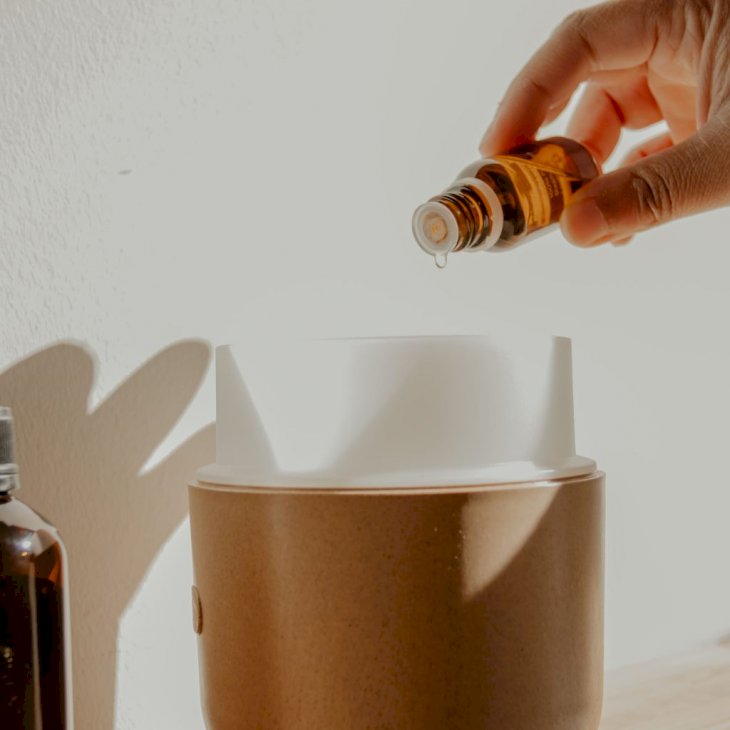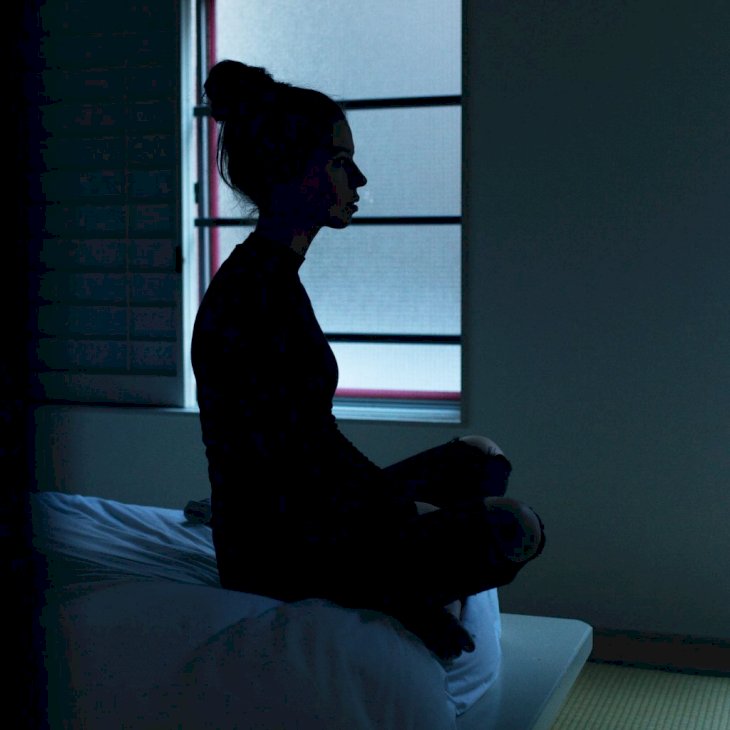
7 Ways To Improve Your Night's Sleep
Sleeping is one of the best ways for our body and mind to recover and “recharge” the batteries. We’ve rounded up seven ways for you to improve your sleep quality.
You probably know that getting a restful night’s sleep provides us the energy and motivation we need to go through the day. Tossing and turning around at night can affect our productivity and emotional balance.
It’s also connected to our physical and mental health — unhealthy habits influence mood, the ability of the immune system to function properly, brain and heart health. Fortunately, there are some simple ways and tips you can follow to help your brain and body to unwind and stay asleep throughout the night.
Prepare Your Sleep Environment

Photo by nrd on Unsplash
Before hitting the bed, take a few minutes to prepare your bedroom. Our ability to stay asleep is directly connected to the environment we're in, so make sure your room is dark, and it's at the right temperature.
Use blinders or heavy curtains to block light coming from outside or use a sleep mask. Try to use darkness and light to your advantage.
Create a Bedtime Ritual

Photo by Tyler Schaefer on Unsplash
Stress, worry, and anxiety are triggers that might make it harder for you to disconnect and fall asleep. Instead of going from the office straight to bed, find ways to unwind first.
Get familiar with relaxation techniques such as breathing exercises, meditation, a warm bath, and so on. Reading a book or listening to an audiobook are great ways to unwind as well.
Beware of Your Caffeine Intake

Photo by Samantha Gades on Unsplash
Coffee is one of the most consumed beverages in the world, and it's a natural stimulant. But too much coffee can be harmful not only for your sleep but also for your health.
Caffeine has a half-life of up to six to eight hours, which means that is a slow process for the body to get rid of it. As a rule of thumb, avoid drinking caffeine after 3 p.m.
Use Essential Oils

Photo by Kadarius Seegars on Unsplash
Aromatherapy has already been proved to be quite beneficial and essential oils are a great resort for relaxation. If you have an essential oil diffuser, you can drop 5 to 10 drops of lavender essential oil into it or add it to a warm bath.
Don't Eat Too Much

Photo by Jarritos Mexican Soda on Unsplash
If hunger strikes you before bedtime, beware that eating heavy foods might affect your sleep. Snacks are okay but choose them wisely.
Avoid the quick & less-than-healthy choices and try some fruits, yogurt, crackers with peanut butter, or a handful of nuts.
Do Meditation

Photo by Ben Blennerhassett on Unsplash
Consider a pre-bedtime meditation as a form of relaxation. Meditation is a powerful tool that sends the brain's message that "it's time to relax."
You can try guided meditation, binaural beats, or even soothing nature sounds. We've recently posted a comprehensive guide to meditation.
Take a Relaxing Bath

Photo by Matheus Frade on Unsplash
Can you think of something more soothing and relaxing than a warm bath? Taking any bath as a form of self-care helps the body to release some tension.
From a lavender detox bath to a muscle-soothing bath, indulge yourself with a warm and lovely bath. Throw some Epsom salt, essential oil, or bath salt and just relax, girl!